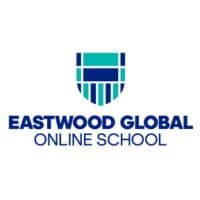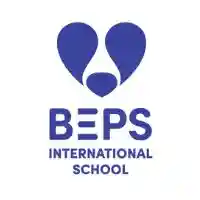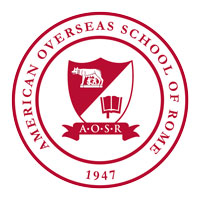The IB organization was originally founded as a response to the lack of flexibility in the different school systems around the world. Today, the IB education system is recognized in more than 140 countries worldwide, and many of the major UK and North American universities hold students who have earned an IB diploma in a very positive light.
One of the first steps in selecting a great school for your family is understanding the curriculum they follow. There are several great options to choose from and each has amazing benefits for the students who study under that system.
Let’s take a look at what the International Baccalaureate curriculum looks like and how it works:
The IB organization was originally founded as a response to the lack of flexibility in the different school systems around the world. Today, the IB education system is recognized in more than 140 countries worldwide, and many of the major UK and North American universities hold students who have earned an IB diploma in a very positive light.
Schools that follow the International Baccalaureate curriculum are known as IB world schools. Educators are required to work closely with an IB consultant before qualifying their school as an IB World School. The process involves schools submitting an application of candidacy, which outlines a school’s commitment toward upholding the IB world school standards, along with legal school documentation and budget breakdowns. The school submits the relevant documents to IB with an application fee. The IB team subsequently works with the school to offer feedback on their application while offering support throughout their candidacy. Schools are charged a yearly candidate fee during this period.
During the candidacy, schools will receive consultation from the IB team through a set number of remote sessions and site visits. A comprehensive report is prepared by the IB team at the end of a candidacy period, which assesses the level of preparedness before IB world school authorization. Once a candidate school is ready, an application for authorization is submitted to the IB in finalizing the process.
Once the application is accepted, IB will conduct a verification school visit by experienced educators from the IB educator network (IBEN). The verification visit is followed up with a detailed report on the findings of the team. If there are no further matters to be addressed, the Director-General of the IB team authorizes the educational institute to teach all relevant IB subjects.
The International Baccalaureate Program is a curriculum framework that consists of four programmes of education, offered in schools all around the world to children from 3-19 years old.
With a rigorous, balanced approach, IB programmes aim to prepare students for the social, emotional, and intellectual challenges of a college education. Therefore, schools following the IB curriculum not only deliver content, but they also focus on developing vital skills in areas such as critical thinking and problem solving in order to make students successful learners and well-rounded people who are prepared for today and the future.
The International Baccalaureate curriculum is made up of three educational programmes:
- The Primary Years Programme: ( PYP – Kindergarten to Class 5)
- The Middle Years Programme: (MYP – Class 6 to Class 10)
- The Diploma Programme: ( DP – Class 11 to Class 12)





